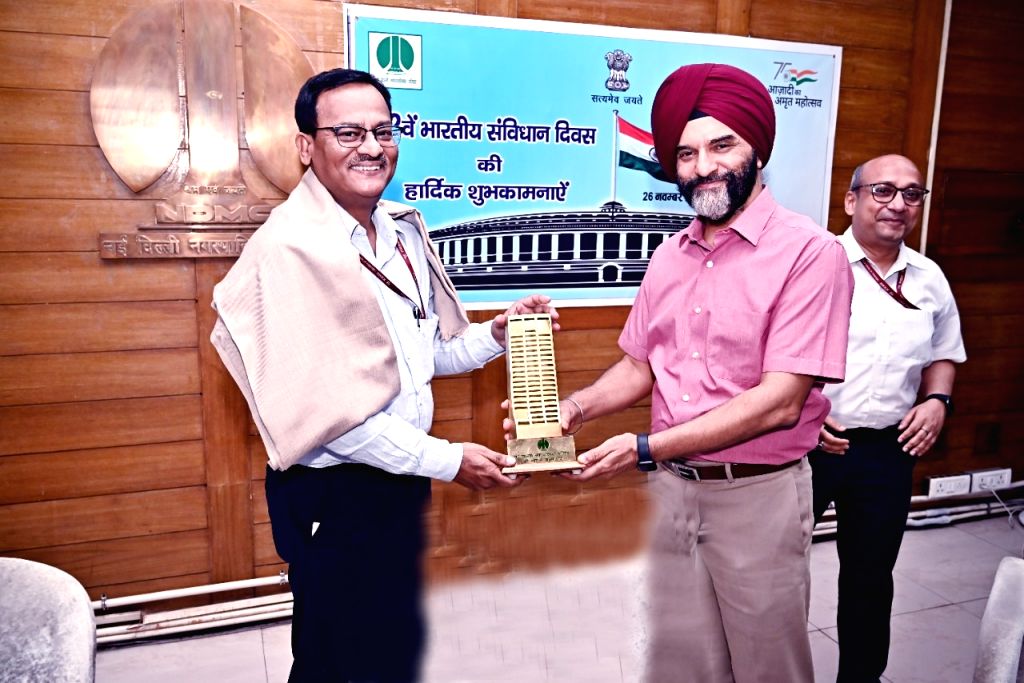New Delhi: Eight months after retiring as Secretary of the Ministry of New and Renewable Energy (MNRE), Bhupinder Singh Bhalla (Retd IAS: 1990: AGMUT) has been appointed as Member (Technical) in the Appellate Tribunal for Electricity (APTEL). His appointment comes in recognition of his extensive experience and sector-specific expertise spanning over three decades in the power and energy sectors.
Bringing Depth in Energy Sector Governance
The position of Member (Technical) in APTEL requires substantial domain knowledge and at least 25 years of professional experience in fields such as electricity generation, transmission, distribution, regulation, economics, business, commerce, law, or finance. Bhalla’s tenure in senior administrative roles, particularly in renewable energy policy formulation and implementation, makes him well-suited for this critical post.
His appointment adds weight to the tribunal’s technical capacity at a time when India is witnessing a major transition in its power sector, particularly in clean energy expansion and regulatory reforms.
Current Composition of APTEL
APTEL, established under the Electricity Act, 2003, is a quasi-judicial statutory body tasked with adjudicating appeals against orders passed by the Central Electricity Regulatory Commission (CERC) and various State Electricity Regulatory Commissions (SERCs). It plays a central role in resolving disputes, interpreting regulatory frameworks, and shaping the policy ecosystem in India’s electricity sector.
The tribunal currently operates under the leadership of Chairperson Justice Ramesh Ranganathan, whose tenure extends till December 1, 2026. The body is composed of both Judicial Members and Technical Members, providing a balanced bench to address complex regulatory and technical challenges.
About APTEL
The Appellate Tribunal for Electricity (APTEL) serves as a key institution ensuring transparency, efficiency, and legal accountability in India’s electricity sector. It adjudicates matters involving generation, transmission, distribution, trading, and inter-party disputes involving licensees, generating companies, and consumers. Its rulings often shape the operational and commercial dynamics of the energy market.
With its quasi-judicial powers, APTEL promotes adherence to the Electricity Act and maintains a vital balance between regulators, utilities, and end-users.




























